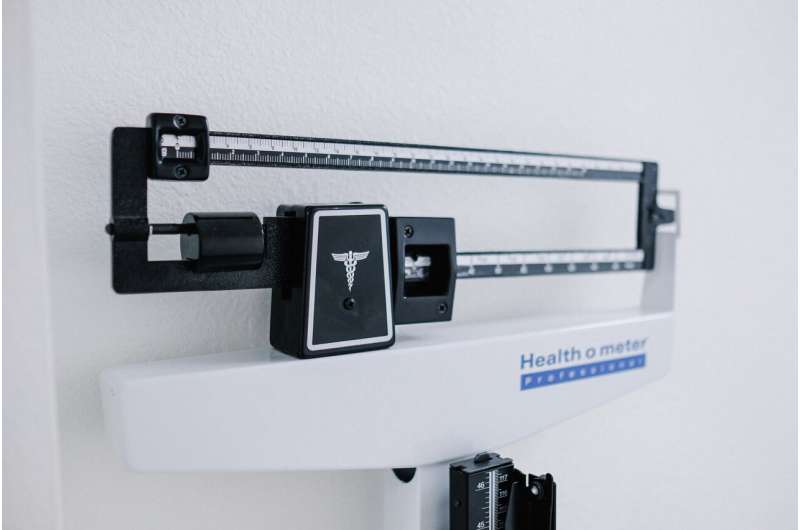Research Reveals Missed Diagnoses of Maternal HIV During Pregnancy and Its Impact on Newborns

Recent research uncovers significant gaps in detecting maternal HIV infections during pregnancy, risking neonatal health. Emphasizing the need for improved screening and early treatment, especially among high-risk groups, to prevent mother-to-child transmission.
A recent study highlights concerning gaps in detecting maternal HIV infections during pregnancy, risking the health of newborns. Although current guidelines recommend routine HIV testing early in pregnancy, the study found that many cases of maternal HIV go unnoticed, especially when infections occur later in pregnancy. This oversight can prevent timely treatment, increasing the risk of mother-to-child transmission.
The research, which analyzed Medicaid data for over three million infants born between 2009 and 2021, identified that more than half of the infants diagnosed with HIV within their first year did not receive the recommended postnatal antiretroviral prophylaxis. This absence of treatment suggests that the mothers' HIV status was not recognized during pregnancy, missing critical opportunities for intervention. Notably, the majority of untreated HIV-exposed infants were Black, reflecting ongoing racial disparities in healthcare access and maternal care.
Experts emphasize that early diagnosis of maternal HIV is vital. While nearly all infants born to HIV-positive mothers in the U.S. receive preventive treatment today, these findings demonstrate the importance of consistent and repeated HIV screening throughout pregnancy, including retesting in the third trimester to detect new infections. Such measures could significantly reduce the risk of transmitting HIV to the child.
The study sheds light on broader racial disparities, with a higher percentage of untreated HIV exposure in Black infants, in line with national data showing disproportionate HIV prevalence among women of childbearing age, especially Black women. Strengthening prenatal screening and ensuring timely treatment for HIV-positive pregnant women are essential steps in eliminating mother-to-child transmission.
In conclusion, preventing perinatal HIV transmission relies heavily on early and repeated maternal testing, prompt treatment, and addressing disparities in healthcare to protect the health of future generations.
Source: https://medicalxpress.com/news/2025-07-maternal-hiv-infections-pregnancy.html
Stay Updated with Mia's Feed
Get the latest health & wellness insights delivered straight to your inbox.
Related Articles
Why Many Women Are Choosing Crisis Pregnancy Centers Despite Misinformation Concerns
A new study reveals that up to 20% of women in certain U.S. states attend crisis pregnancy centers, despite concerns over misinformation and lack of medical licensing. Learn about the impact on reproductive health.
Extended Overweight or Obesity During Pediatric Leukemia Treatment Predicts Poorer Outcomes
New research shows that prolonged overweight or obesity during pediatric leukemia treatment is linked to higher relapse risk and lower survival. Managing weight during therapy can improve outcomes.
Increase in Shingles Vaccination Rates During COVID-19 Pandemic Highlights Persistent Gaps Among Underserved Populations
Shingles vaccination rates in the U.S. rose during the COVID-19 pandemic, with significant improvements among underserved groups, yet disparities and low overall coverage remain key challenges.
Controversy Surrounds Enhanced Games Where Athletes Use Performance-Enhancing Drugs for Million-Dollar Prizes
The Enhanced Games in Las Vegas will allow athletes to dope to compete for up to $1 million, sparking global controversy over sports integrity, health risks, and fairness.



